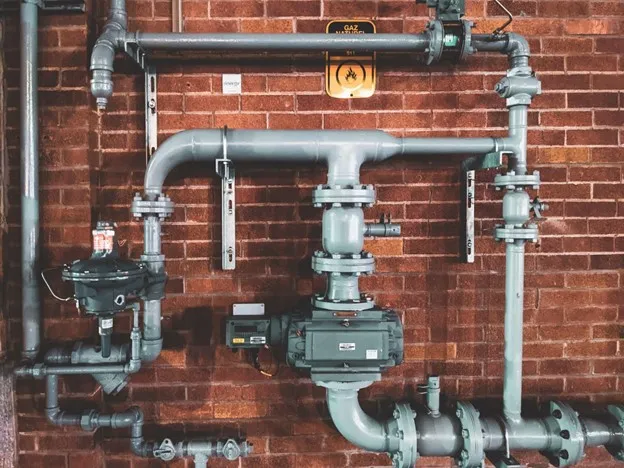Maximizing the Lifespan of Your Water Heater
A water heater is the heart of your home; most family members rely on it. To maximize the lifespan of your water heater, you need to understand how it works and follow these tips.
Regular Maintenance
Regular maintenance is key to keeping your water heater in working condition. Neglecting care can lead to high plumbing repair costs or even burst pipes and water damage.

Here are a few tips for maintaining your water heater:
- Clean the tank annually using vinegar and baking soda to remove accumulated minerals that can cause corrosion and leaks. Also, clean the sediment at least once every six months using an enzymatic cleaner specifically designed for this purpose.
- Watch for leaks or unusual noises from your unit. This is a clear sign that something needs attention before it becomes a serious problem!
Replacing Faulty Parts
It can be difficult to know where to start when your water heater begins malfunctioning. The first step is identifying which part of the heater is causing issues and replacing it with a higher-quality component. Here are some common parts of a water heater that need replacement:
Temperature Sensor: This sensor measures the temperature of water entering the tank and sends this information to the control panel so it can regulate heating. If this sensor is damaged or faulty, it may cause problems with the heater's operation and performance.

Heating Element: This element is responsible for heating the water in the tank to the desired temperature. If this element fails or stops working due to age or damage, it must be replaced immediately before further harm occurs!
Set the Correct Temperature
One of the most important tips is setting the correct temperature. Water heaters are built for long-term use, but they have a lifespan. Setting the temperature too high may mean replacing your water heater earlier than expected.
Setting the temperature too low can also lead to premature replacement. If you use a lot of hot water and don't need very hot water, lowering the temperature will help save energy and money.
Placement Matters
The most common cause of water heater failure is inadequate freeze protection. The best location for a water heater is inside a cabinet or even in a utility room. If you don't have such a space, you can use an insulated jacket that can be purchased at any hardware store. If you live in an area where temperatures drop below freezing, consider installing a second smaller water heater for low-temperature needs.
Conclusion
If extending the lifespan of your water heater is important to you, it makes sense to be proactive and monitor your hot water system. This is especially necessary if you're having trouble getting hot water from the taps. These tips for extending your water heater's life will help you achieve that goal.
Always remember: better safe than sorry. If your heater is not heating properly, consult a professional instead of waiting for an automatic fix.
Need a renovation specialist?
Find verified professionals for any repair or construction job. Post your request and get offers from local experts.
You may also like
More articles:
 Make Investment in Mountain Rental in 2022
Make Investment in Mountain Rental in 2022 Create a Bold Impression in Any Space with Accent Wall Decoration Ideas
Create a Bold Impression in Any Space with Accent Wall Decoration Ideas Use Loft Rooms in Your Attic with These Ideas
Use Loft Rooms in Your Attic with These Ideas Make Your Garden More Beautiful: A Guide to Creating
Make Your Garden More Beautiful: A Guide to Creating Make Your Shelf a True Interior Statement: 15 Modern Shelf Designs
Make Your Shelf a True Interior Statement: 15 Modern Shelf Designs Make Your Own Honest Day: 15 DIY St Patrick's Day Collar Ideas
Make Your Own Honest Day: 15 DIY St Patrick's Day Collar Ideas Renovation of an Elegant Family Home with Garden in the Heart of Paris
Renovation of an Elegant Family Home with Garden in the Heart of Paris Creating a Stylish Interior: 15 Ideas with Coins
Creating a Stylish Interior: 15 Ideas with Coins